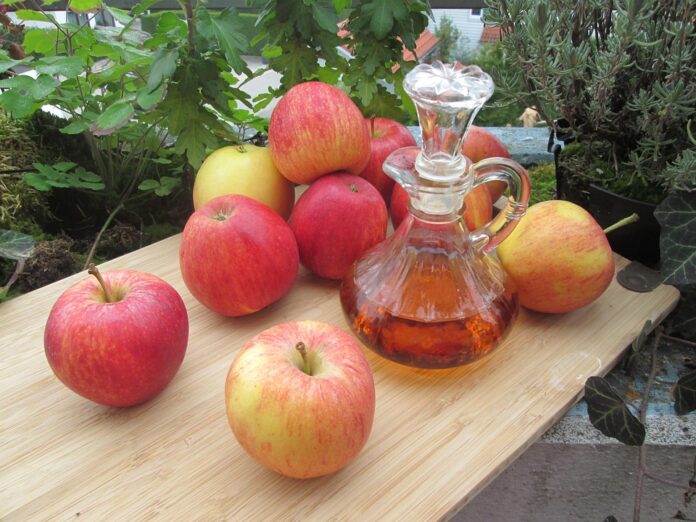The Sustainability and Ethical Sourcing of Apples for Vinegar Production
Introduction
Apples are a key ingredient in the production of vinegar, a popular condiment used in various culinary dishes and as a natural cleaning agent. However, the sustainability and ethical sourcing of apples for vinegar production have become increasingly important topics in the food and beverage industry. Consumers are becoming more conscious of where their food comes from and how it is produced, leading to a growing demand for products that are sourced ethically and sustainably.
Sustainability in Apple Production
Apples are one of the most widely grown fruits in the world, with millions of tons harvested each year for various purposes, including vinegar production. Sustainable apple production involves practices that minimize environmental impact, conserve natural resources, and support the well-being of workers and local communities. This can include using organic farming methods, reducing chemical inputs, promoting biodiversity, and implementing water conservation measures.
According to data from the Food and Agriculture Organization (FAO), global apple production reached over 86 million metric tons in 2020, with China, the United States, and Poland being the top three producers. Sustainable apple production is gaining traction in many regions, with certifications such as organic, Fair Trade, and Rainforest Alliance becoming more common among apple growers.
Ethical Sourcing Practices
Ethical sourcing of apples for vinegar production involves ensuring that farmers and workers are treated fairly, paid a living wage, and provided with safe working conditions. This includes respecting labor rights, adhering to local laws and regulations, and supporting community development initiatives. Companies that prioritize ethical sourcing often engage in direct trade relationships with apple growers, visit farms to ensure compliance with standards, and invest in social impact programs.
One example of a company that is committed to ethical sourcing of apples for vinegar production is Bragg Live Food Products, a leading producer of apple cider vinegar. Bragg sources its apples from certified organic farms in the United States and Canada, ensuring that farmers are paid fair prices for their produce and that environmental sustainability practices are followed.
Financial Data and Industry Insights
The global apple cider vinegar market is projected to reach a value of $1.8 billion by 2027, driven by increasing consumer awareness of the health benefits of apple cider vinegar and its versatile culinary uses. The market is highly competitive, with key players such as Bragg Live Food Products, Heinz, Vitacost, and Spectrum Naturals dominating the industry.
In terms of sustainability, apple growers are increasingly adopting practices such as integrated pest management, soil conservation, and renewable energy use to reduce their environmental footprint. This not only benefits the environment but also enhances the quality and flavor of the apples used in vinegar production.
Conclusion
In conclusion, the sustainability and ethical sourcing of apples for vinegar production are vital considerations for companies in the food and beverage industry. By prioritizing sustainable practices, supporting ethical sourcing initiatives, and engaging with consumers who value transparency and social responsibility, companies can differentiate themselves in a competitive market and contribute to a more sustainable food system overall. It is essential for companies to invest in ethical sourcing practices and communicate their commitment to sustainability to build trust with consumers and drive long-term success in the industry.




